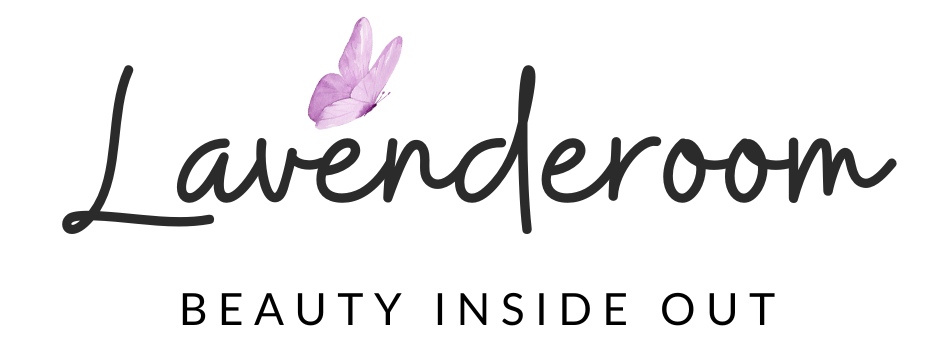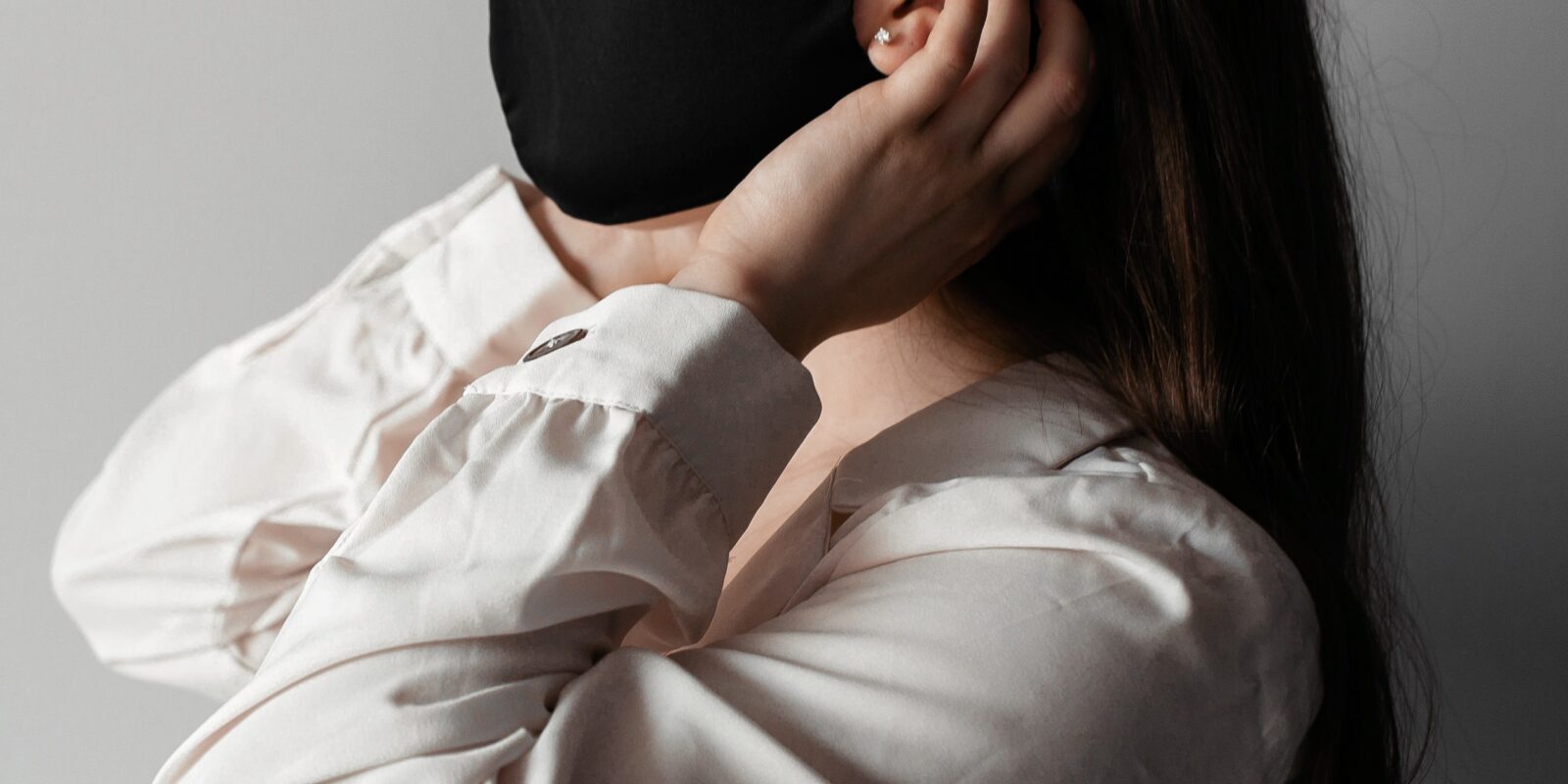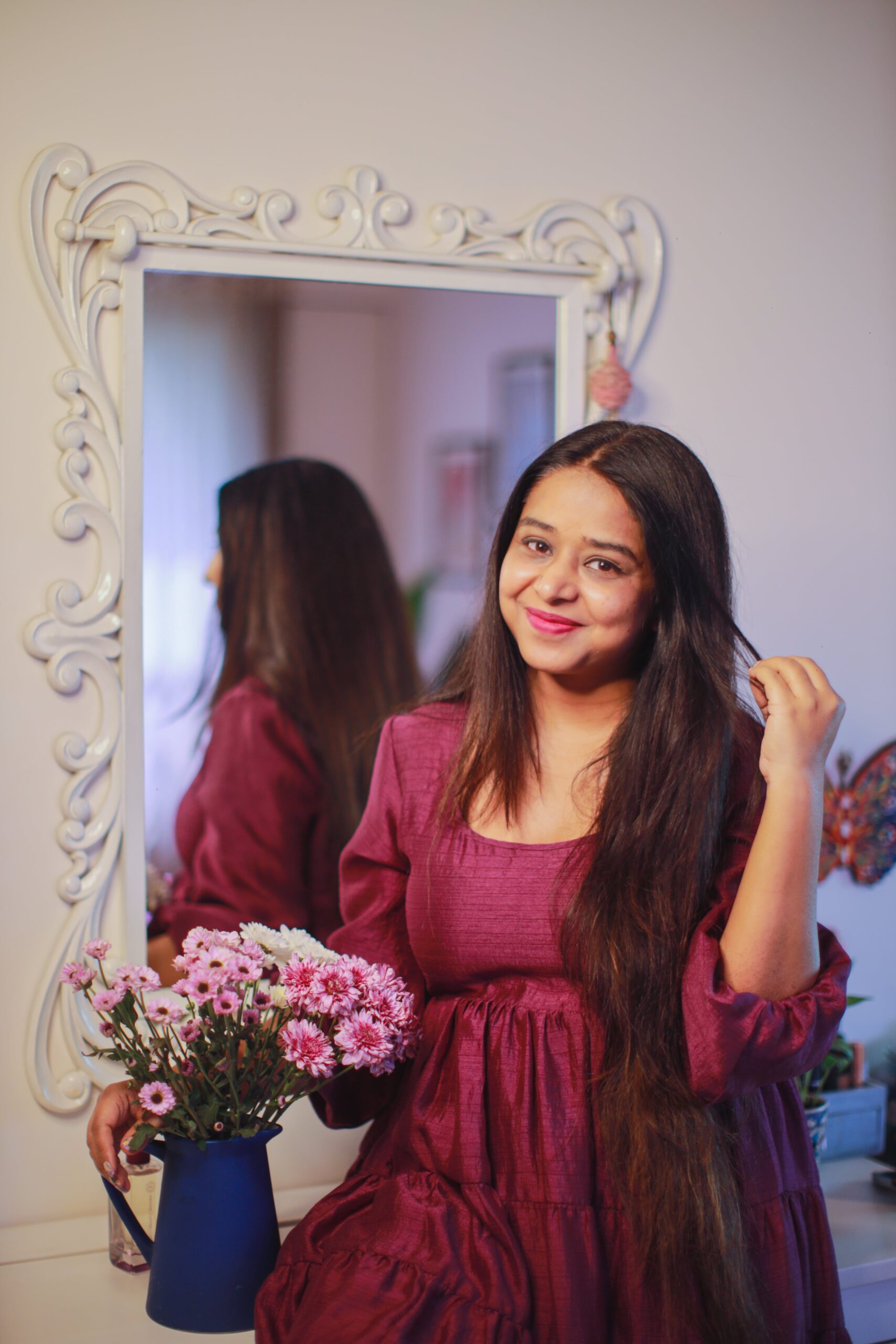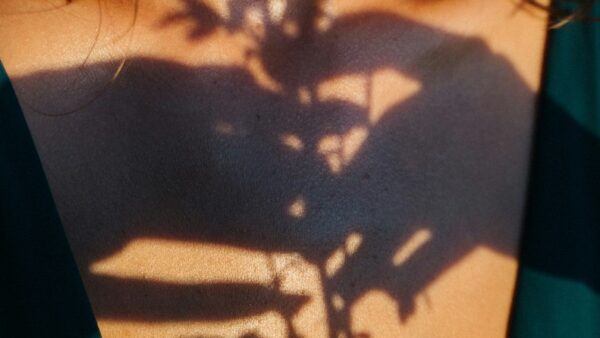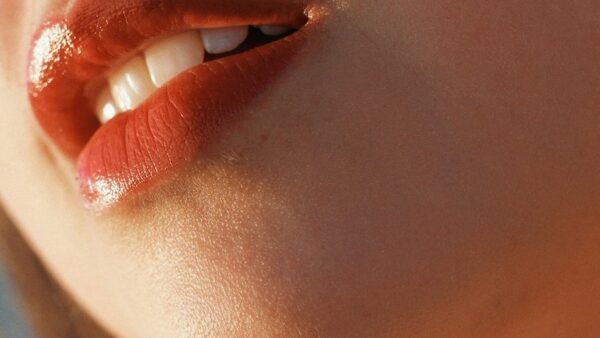As of April 2020, wearing masks while out in public has become mandatory in most Indian states, suggesting that a face covering will be a must-have in all our repertoires for months to come. While it an important factor in preventing the spread of COVID-19, it can have a less-than-desirable impact on your skin. “Whether you’re using store-bought disposable paper masks, washable fabric masks, or home-made masks fashioned out of scarves or bandanas, the constant friction against your face, as well as trapped breath and moisture can create or exacerbate existing skin problems,” says Dr Pankaj Chaturvedi, consultant dermatologist at MedLinks, New Delhi.
What are the skin issues you could face while wearing a mask?
While those wearing PPE in hospitals have seen instances of rashes and burst blood vessels due to the friction and pressure, regular mask-wearers might see contact dermatitis, worsening acne, new onset of rosacea, seborrheic dermatitis, friction dermatitis, and new patterns of skin wrinkling. According to Delhi-based dermatologist Dr Geetika Mittal Gupta, the complaints about redness, marks, acne and irritation are mainly because the occlusive nature of the mask is trapping dirt, moisture and bacteria. She adds, “Irritant dermatitis on pressure points like the nose and ears; and moisture-related dermatitis around the mouth from breath or saliva is becoming common. In fact, the nasal bridge, where a mask rests, is the most common area of irritation.”
“The constant rubbing of a mask on oily, sensitive skin, can cause more acne breakouts. There’s also the constant adjustment of the face mask—especially when you’re first getting used to wearing one, manipulating it to breathe at times, adjusting it to avoid fogging up your glasses, or just to talk on the phone,” says Dr Chaturvedi about the added friction it causes.
The skincare swaps to make when you’re wearing a mask
“To combat humidity, you should avoid thick or rich moisturisers and use lighter formulations,” says Dr Bhatia. “If you have acne already, try to use an oil-free moisturiser,” says Dr Mittal Gupta. For those prone to redness and irritation, picking a non-comedogenic, fragrance-free moisturiser will prevent inflammation. “Don’t forget sunscreen, but pick a gel-based one that won’t feel sticky or thick on the face,” says Mumbai-based dermatologist Dr Satish Bhatia.
In the day, while you’re wearing a mask, applying soothing products and leave active ingredients for the nighttime. “If you frequently use anti-ageing and anti-acne products during the day, consider switching that skincare regimen to nighttime. You can also go easy on day wear anti-ageing formulations as most of them focus on exfoliating or drying the skin which can become very uncomfortable with a mask,” says Dr Bhatia. “Avoid warm showers, and try using tepid water on your face,” seconds Dr Mittal Gupta.
“Most itchy rashes from masks should clear with a topical steroid like 1 per cent hydrocortisone,” says Dr Chaturvedi, but cautions against using them for than a week. “If hives are an issue, try using an oral antihistamine,” he says.
“Go to your fridge and look for natural products. Milk, turmeric and honey are excellent for face masks. Cucumber, oats and aloe vera work well too,” says Dr Bhatia.
Apply a thick cream on the areas where the mask will rub against your skin—behind the ears, on the bridge of the nose—to avoid friction and prevent nicks and cuts in the area.
Using heavy layers like primer, foundation and concealer can leave the skin more prone to acne as they can clog pores. If you must, choose mineral-based colour cosmetics. Taking off all makeup is that much more important when wearing a face, so commit to a double-cleaning routine to ensure all traces are taken off.
The article was first published in Vogue
